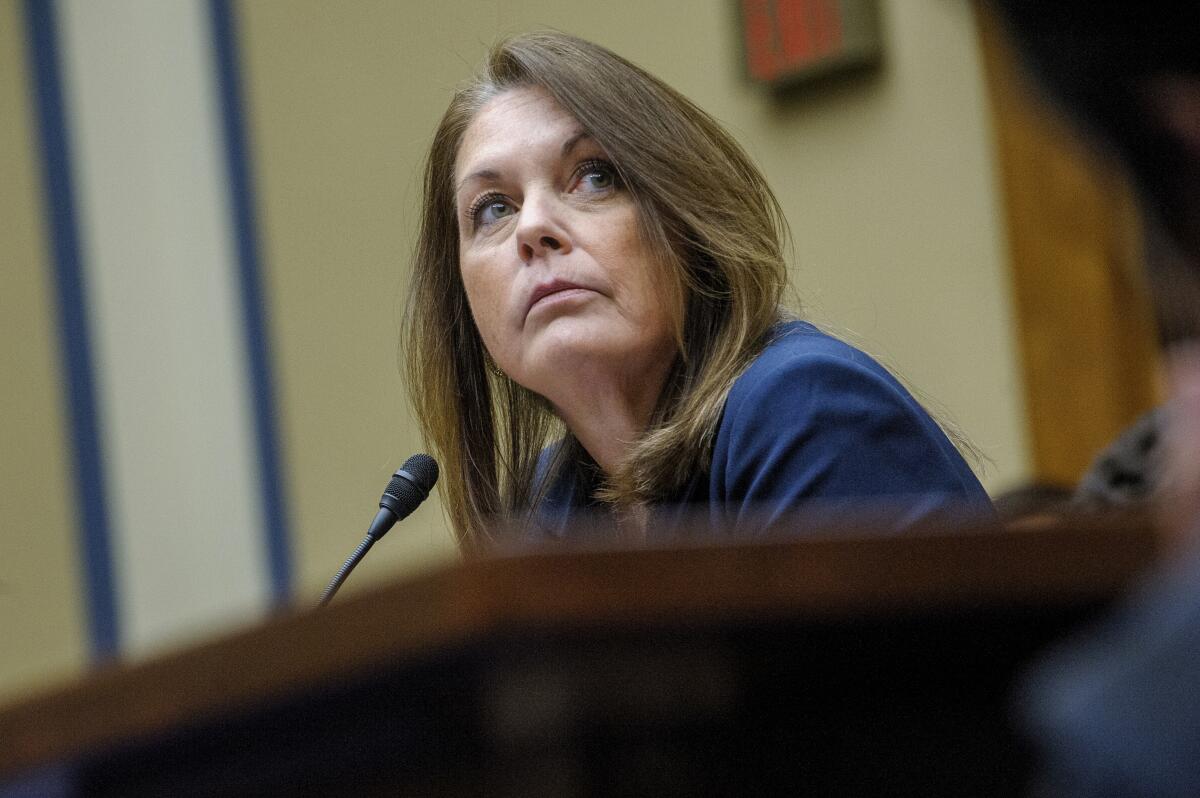The recent resignation of Kimberly Cheatle, the Director of the Secret Service, has stirred significant discussions around security measures for public figures. This decision comes in light of critical security lapses during an assassination attempt on former President Trump, highlighting the complexities and challenges faced by security agencies. The consequences of such failures extend beyond individual accountability; they raise fundamental questions about the effectiveness and priorities of the Secret Service.
As the dust settles from the events surrounding Cheatle's departure, it becomes imperative to examine the underlying issues that led to this unprecedented moment. The narrative includes a stunning admission where Cheatle revealed that local authorities had observed the shooter 18 minutes before the attack, a fact that has sparked outrage and calls for reform. This article delves into the implications of this resignation, the response from various political figures, and what it signifies for the future of security protocols.
In the ensuing analysis, we will explore the timeline of events, the political ramifications, and the necessary reforms that need to be addressed within the Secret Service. Through this examination, we aim to provide a comprehensive understanding of not just the resignation itself, but also the broader context of security in a politically charged environment.

Background of Kimberly Cheatle
Kimberly Cheatle has had a long and distinguished career within the Secret Service. Starting her journey over two decades ago, she has held various critical roles, including overseeing the agency's protective mission during Trump's presidency. Cheatle's extensive experience has equipped her to handle complex security challenges, but recent events have tested the limits of her leadership.
Her tenure culminated in a position fraught with scrutiny, especially following the recent assassination attempt on Trump. Cheatle's decision to resign underscores the pressing need for accountability in governmental agencies that safeguard national figures. This incident has revealed weaknesses in the security protocols in place, raising alarms about the effectiveness of the Secret Service in protecting its clients.
Key Events Leading to the Resignation
The resignation came after Cheatle faced backlash for several security lapses during a high-stakes event. Notably, local law enforcement had information about the shooter before the incident, which raises questions about communication and response protocols. Cheatle's acknowledgment of these failures illustrates a significant gap in operational security that the agency must address.
Moreover, the fallout from the congressional hearing where Cheatle testified added to the mounting pressure for her to step down. Lawmakers from both parties expressed dismay over the apparent breakdown in security measures, further highlighting the need for reform within the Secret Service. This incident serves as a pivotal moment for the agency, reflecting broader issues of accountability and operational effectiveness.
Implications for Future Security Protocols
Cheatle's resignation signals a potential shift in how security is approached within the Secret Service. The agency is now tasked with reassessing
Remembering Sage Stallone: A Talented Life Cut Short
France's Bold Opening Ceremony On The River Seine: A New Era For The Olympics
Tom Sandoval And Ariana Madix: A Legal Battle Unfolds Amidst Scandal


